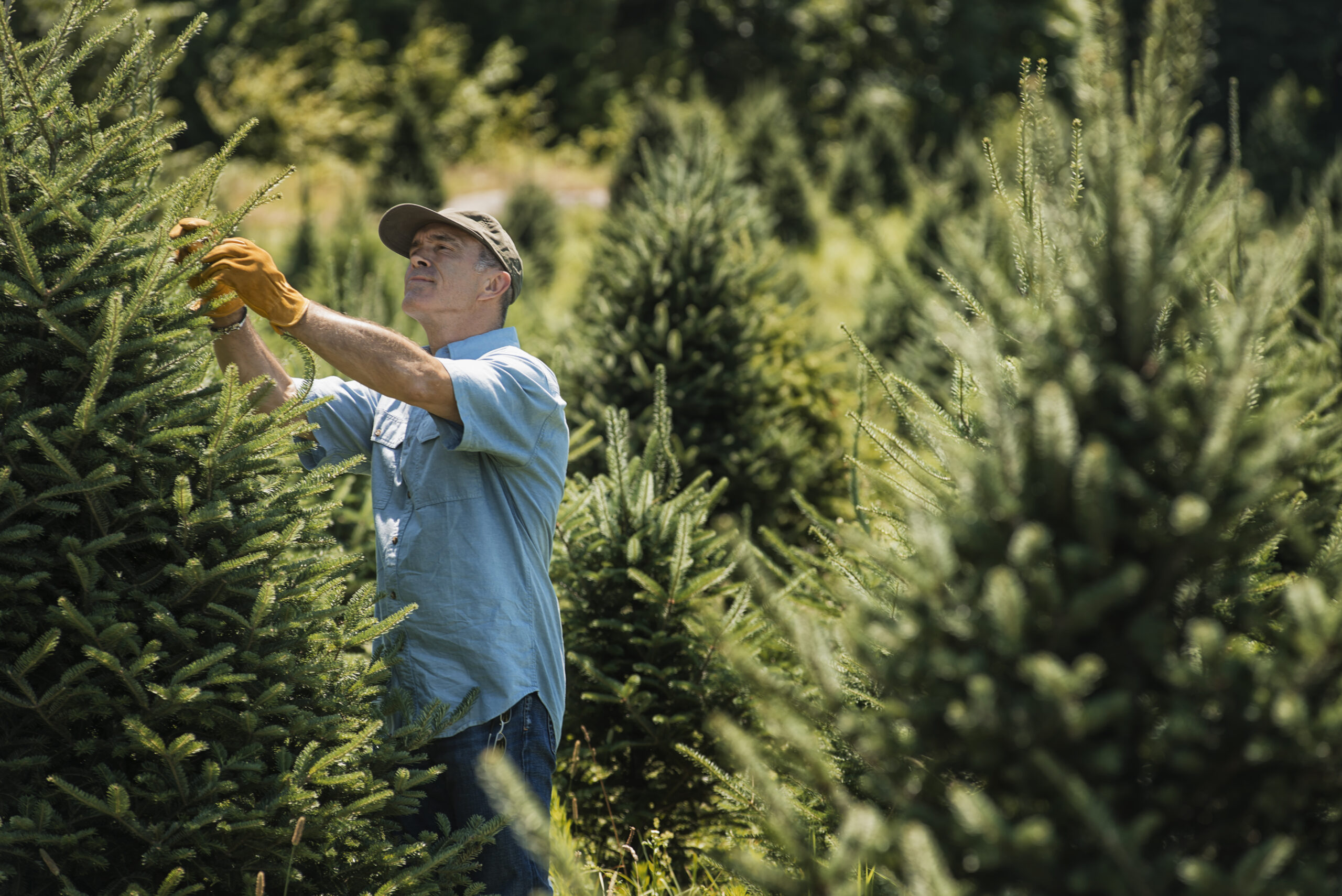Solutions for Enhancing Indigenous Food Security and Sovereignty
Addressing the challenges to Indigenous food security and sovereignty requires a multifaceted approach that includes policy changes, community initiatives, and collaborative efforts. One of the primary solutions is the recognition and restitution of Indigenous land rights. Ensuring that Indigenous communities have control over their traditional territories is fundamental to restoring their ability to manage and protect their food systems. Legal frameworks and policies that support land claims and co-management agreements can help re-establish Indigenous stewardship over lands and resources.
Revitalizing traditional knowledge and practices is another key solution. Initiatives that focus on cultural preservation and education, such as traditional food workshops, knowledge-sharing gatherings, and youth engagement programs, can help reclaim and sustain Indigenous food systems. Elders and knowledge keepers play a crucial role in these efforts, passing down their wisdom and skills to younger generations. Integrating traditional ecological knowledge with modern sustainable practices can enhance the resilience and productivity of Indigenous food systems.
Economic empowerment is also critical for advancing Indigenous food security and sovereignty. Providing access to funding, resources, and technical support for Indigenous-led agricultural and food projects can help build self-sufficiency and resilience. Programs that support entrepreneurship, capacity-building, and infrastructure development in Indigenous communities can create new opportunities for food production, processing, and distribution. Additionally, fostering partnerships with non-Indigenous organizations and businesses can facilitate access to markets and networks.
Raising awareness and advocating for policy change are essential components of the solution. Public campaigns, research, and advocacy efforts that highlight the importance of Indigenous food sovereignty can influence public opinion and policy-making. Engaging with governments, NGOs, and other stakeholders to promote policies that support Indigenous food systems, such as subsidies for traditional farming practices and protections for sacred sites, can lead to systemic change. Building alliances and coalitions with diverse groups can amplify Indigenous voices and ensure that food sovereignty is prioritized in broader food security and environmental agendas.
